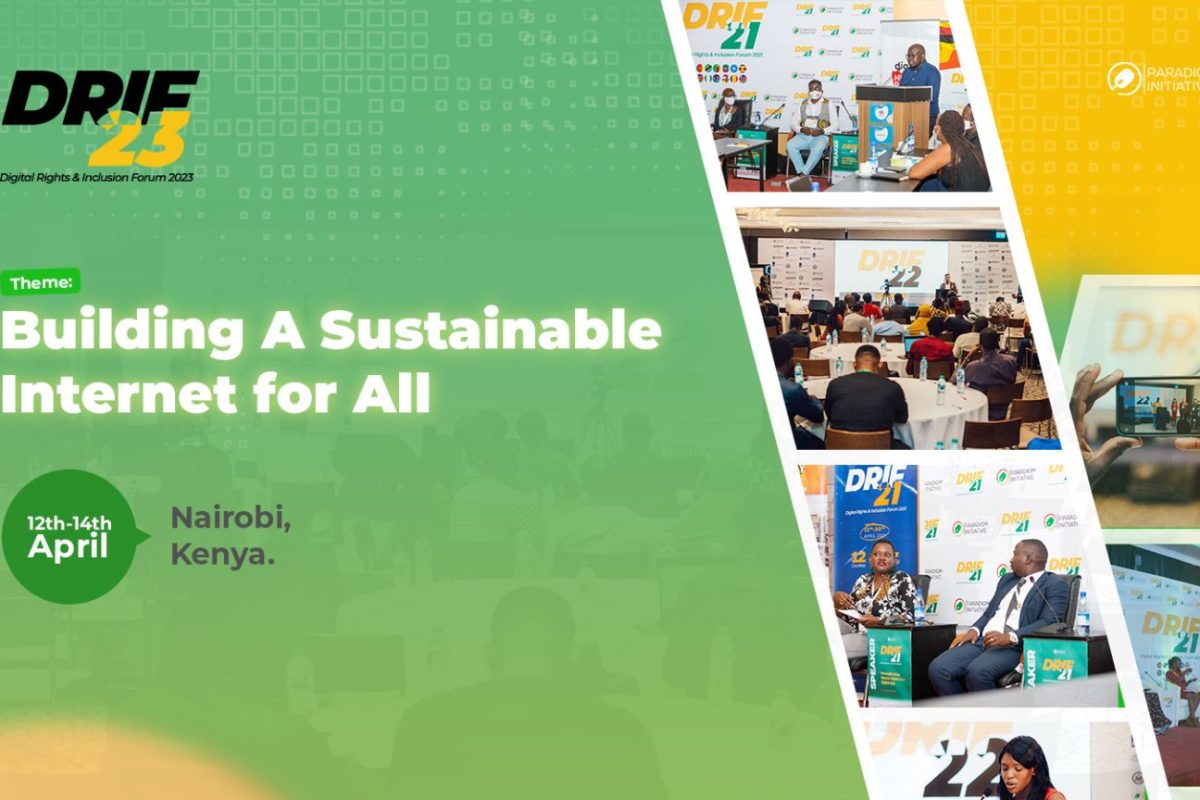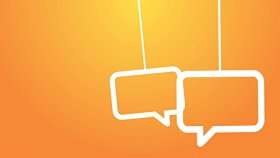The Digital Rights and Inclusion Forum (DRIF) it’s an annual event. Kindly click here for further details.
Strengthening Africa’s Conversation and Actions on Internet Freedom
By Juliet Nanfuka |
The Collaboration on International ICT Policy for East and Southern Africa (CIPESA) with the support of Facebook, the Ford Foundation, Google, Hivos, Open Technology Fund (OTF) and Small Media will assemble an audience in Kampala, Uganda for the Forum on Internet Freedom in Africa 2016. Set to take place on September 27–29, the Forum has become a crucial convening for actors on online freedom of expression and association, and the free flow of information in Africa.
Panel discussions at this year’s Forum will explore the growing trend of internet shutdowns, the increasing presence of violence against women online, the intersection of open data and human rights, African frameworks that protect online rights and their conflicts with outdated laws, amongst others.
“Recent events across various African countries make the Forum as indispensable as it ever has been in discussing challenges to online rights and the opportunities for collaborative efforts by state and non-state actors to meaningfully protect and advance internet freedom on the continent,” says CIPESA Executive Director Dr. Wairagala Wakabi. “We are glad to be facilitating growing awareness of online rights in Africa and are keen to continue contributing towards building this awareness amongst different stakeholders.”
Indeed, one of the pre events at the Forum will be the training of journalists and human rights defenders on human rights and internet policy. The training will be hosted by CIPESA, together with Paradigm Initiative Nigeria (PIN) and the United Nations Office of the High Commissioner for Human Rights (OHCHR) in Uganda.
The Forum, set to coincide with the International Day for Universal Access to information (September 28), will also serve as an opportunity to delve into the current trends on access to information on the continent. In partnership with the Africa Freedom of Information Center (AFIC) and Office of the Prime Minister (Uganda), a public dialogue on access to information as a driver to achieving the 2030 Development Agenda and the Sustainable Development Goals (SDGs) will also be held.
A key highlight of the Forum since its inception is the launch of the annual State of Internet Freedom in Africa regional reports. Previous editions of this report have focused on seven African countries – Burundi, Ethiopia, Kenya, Rwanda, Tanzania and Uganda – with a stand-alone report produced on South Africa. This year’s report has been expanded to include 10 countries. The countries featured in the 2016 State of Internet Freedom in Africa report are Burundi, Democratic Republic of Congo, Ethiopia, Kenya, Rwanda, Somalia, South Sudan, Tanzania, Uganda, Zambia and Zimbabwe.
Dr. Wakabi adds, “Access to information and the state of internet freedom are closely interlinked. Countries with higher levels of information access tend to have more online liberties than those without, and they also generally have a healthier democratic culture. The power of public information, open data and a free and open internet should not be undermined if we are to achieve effective civic participation, respect for human rights, transparent, accountable and democratic governance, and realisation of the 2030 Development Agenda.”
The Forum serves as an opportunity to gather insights from the different stakeholders in the information society ecosystem towards promoting a free and safe internet, hence the key themes that emerge from the Forum are widely disseminated. The 2015 outcomes and recommendations were shared in spaces such as the Internet Governance Forum (Brazil), the Africa IGF (Cameroon) and the Stockholm Internet Forum, and in various national convenings.
The Forum has confirmed participants from at least 23 countries and speakers from over 46 organisations including the Berkman Klein Center for Internet & Society at Harvard Law School, Panos Institute Southern Africa, BudgIT (Nigeria), Article 19 (Kenya), Digital Society of Zimbabwe, the Web Foundation, Association for Progressive Communications (APC), iAfrikan, Namibia Broadcasting Corporation (NBC), Access Now, Kenya ICT Action Network (KICTANET), National Information Technology Agency (NITA) Ghana, and Research ICT Africa. Others include Hivos, Nation Media Group, Africa Media Institute, Media Institute of Southern Africa Zimbabwe Chapter, Freedom of Expression Institute (FXI), Privacy International (PI) , Uganda Police, Zambia Police Service, University of Malawi, Communications Regulators Association of Southern Africa (CRASA) and the Ministry of Information, Communications and National Guidance (Uganda).
Follow the conversation at #FIFAfrica16.


